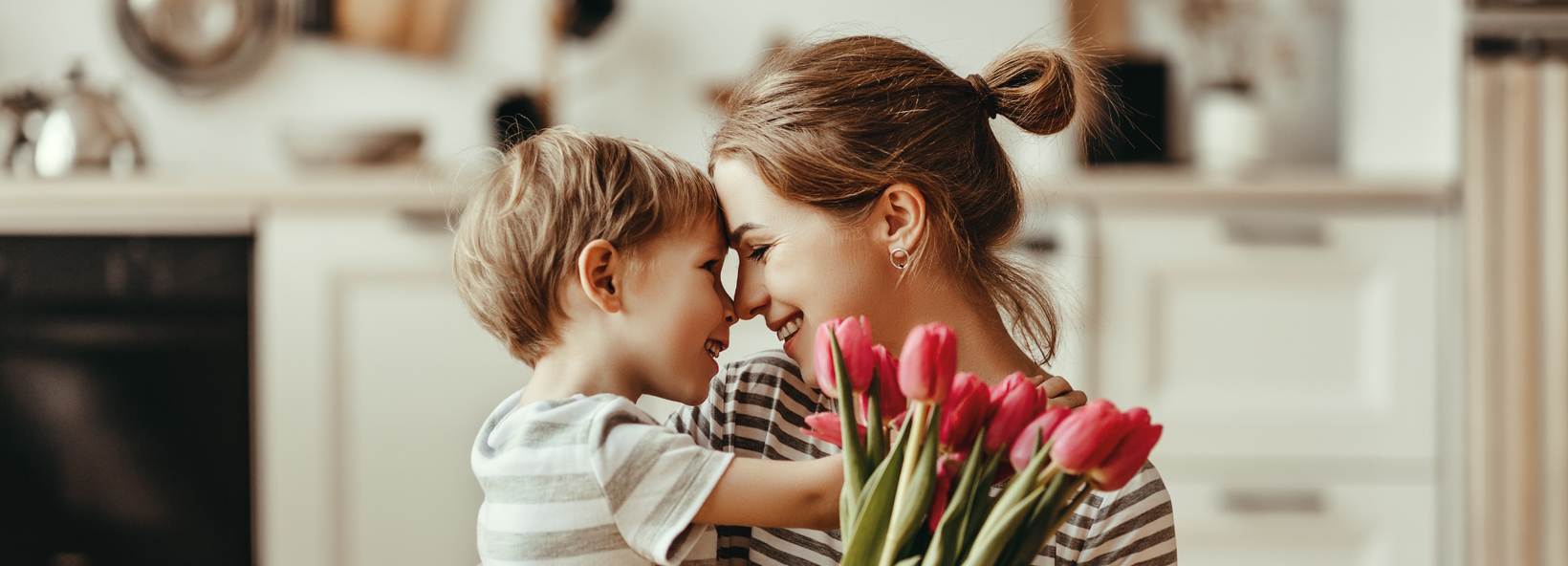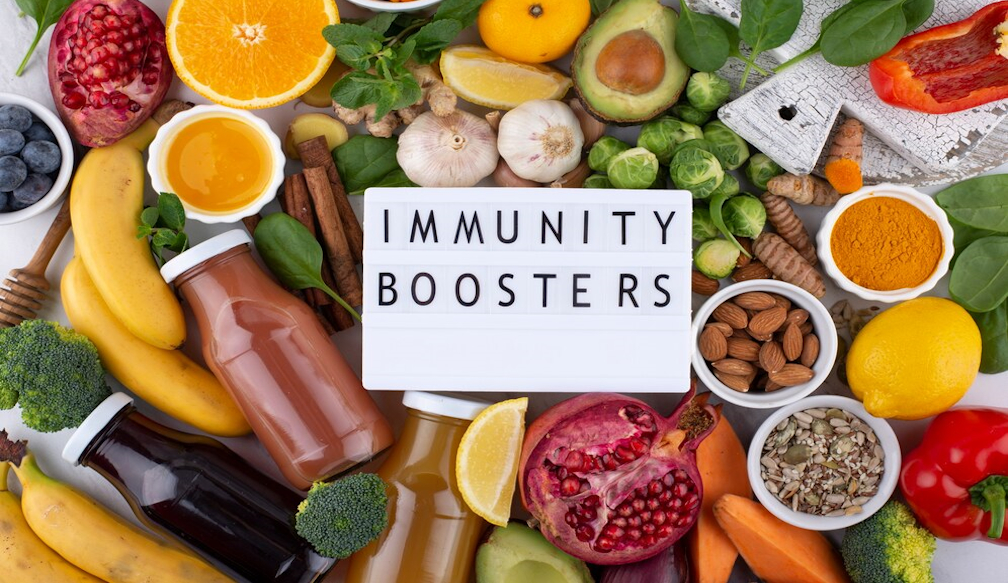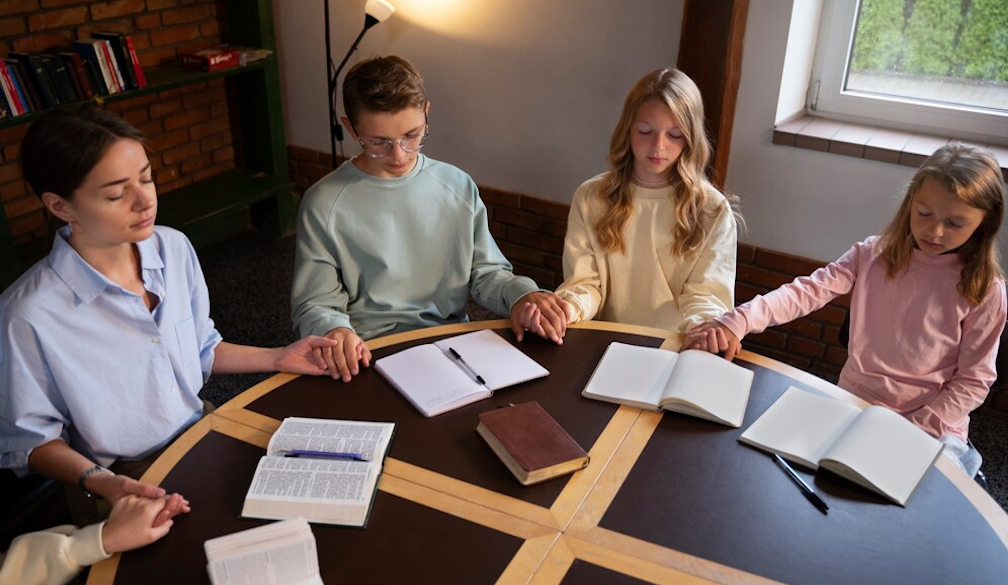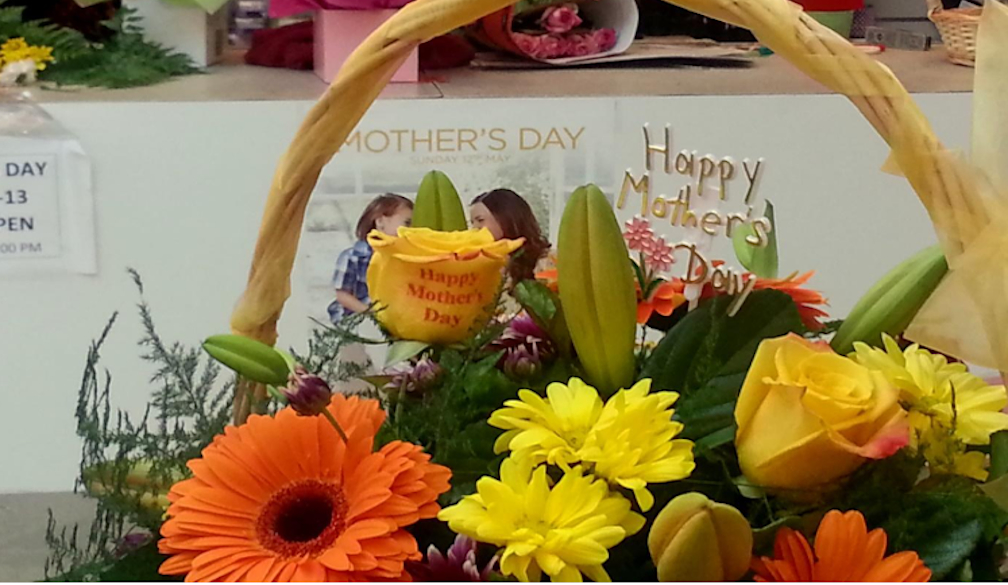The Very Good Bra

AUSTRALIAN COMPANY LAUNCHES WORLD-FIRST 100% COMPOSTABLE, PLASTIC-FREE NURSING BRA
Australian company The Very Good Bra has today launched a ground-breaking 100 per cent compostable, plastic-free nursing bra.
The Very Good Bra nursing bra is a world first, making it comfortable and easy for mothers to take care of the environment and avoid dangerous toxins while nursing their newborn.
The Very Good Bra founder and CEO, Stephanie Devine, says that creating the world’s first plastic-free nursing bra is a dream come true. “To achieve circularity with this bra has been my mission from the start and to do it for mothers is especially important for me,” says Devine. “The natural materials we have used to create the bra are 100 per cent compostable, meaning it has no negative environmental footprint through all parts of the lifecycle including end of its life, unlike most nursing bras, which include synthetic fibres.”
The Very Good Bra specialises in making underwear using only botanically sourced materials – organic cotton, natural rubber, and cellulose sewing thread, which means no toxins are created through manufacture and processing; they don’t shed microplastics; and they can be safely composted, worm farmed or buried in soil at end of life, thereby diverting textile waste from landfill.
“Our research indicates the average woman goes through three bras during nursing and they will all end up in landfill, as even those made with ’natural fibres’ like cotton and bamboo contain spandex, polyester and nylon – all plastics – whereas ours use none,” Devine explains.
In 2021, Australia was reported to have the second-highest consumption of textiles per capita in the world, behind the US. According to the 2020 National Waste Report, only seven per cent of our textile waste is recycled, with the remaining 93 per cent sent to landfill.1
The Very Good Bra is focused on providing an alternative to conventional, synthetic nursing bras which can include toxin-heavy fabrics. Its new nursing bra is completely free of BPA (Bisphenol A), a chemical compound that acts as a hormone disruptor and has been linked to conditions such as asthma, heart disease and cancer. It can be ingested through eating food or drinking water stored in plastic containers containing BPA or absorbed through the skin.
New research has found polyester fabrics containing spandex can contain high levels of BPA. This is concerning as even low levels of exposure to BPA during pregnancy is associated with abnormal foetal development.
1 Federal Minister for the Environment media release. Roundtable to find answers to unfashionable problem. 26 May, 2021
“It’s really important that we educate consumers better, as their health and behaviour are key catalysts for change,” says Devine. “Over the last decade, we saw a lot of countries, including Australia, phase BPAs out of baby bottles and sippy cups to protect sensitive populations like newborns and infants.
“More questions are now being raised about underwear and other clothing, after sports bras tested by the Centre for Environmental Health in the US showed that synthetic clothing could expose wearers to up to 22 times the safe limit of BPA, based on standards set in California.2”
The launch of the world’s first 100 per cent compostable nursing bra cements Stephanie Devine’s position at the forefront of Australia’s push towards building new sustainable business models in the fashion industry. The breast cancer survivor is currently working with Standards Australia on a world-first national standard for composting textiles.
In 2022, The Very Good Bra achieved B Corp certification, the highest standard of social and environmental impact in the world.
The Very Good Bra nursing bra will be available for pre-purchase with early-bird discounts via a Kickstarter campaign launching on 29 March 2023.
For more information or purchase of our everyday Very Good Bras visit: www.theverygoodbra.com





